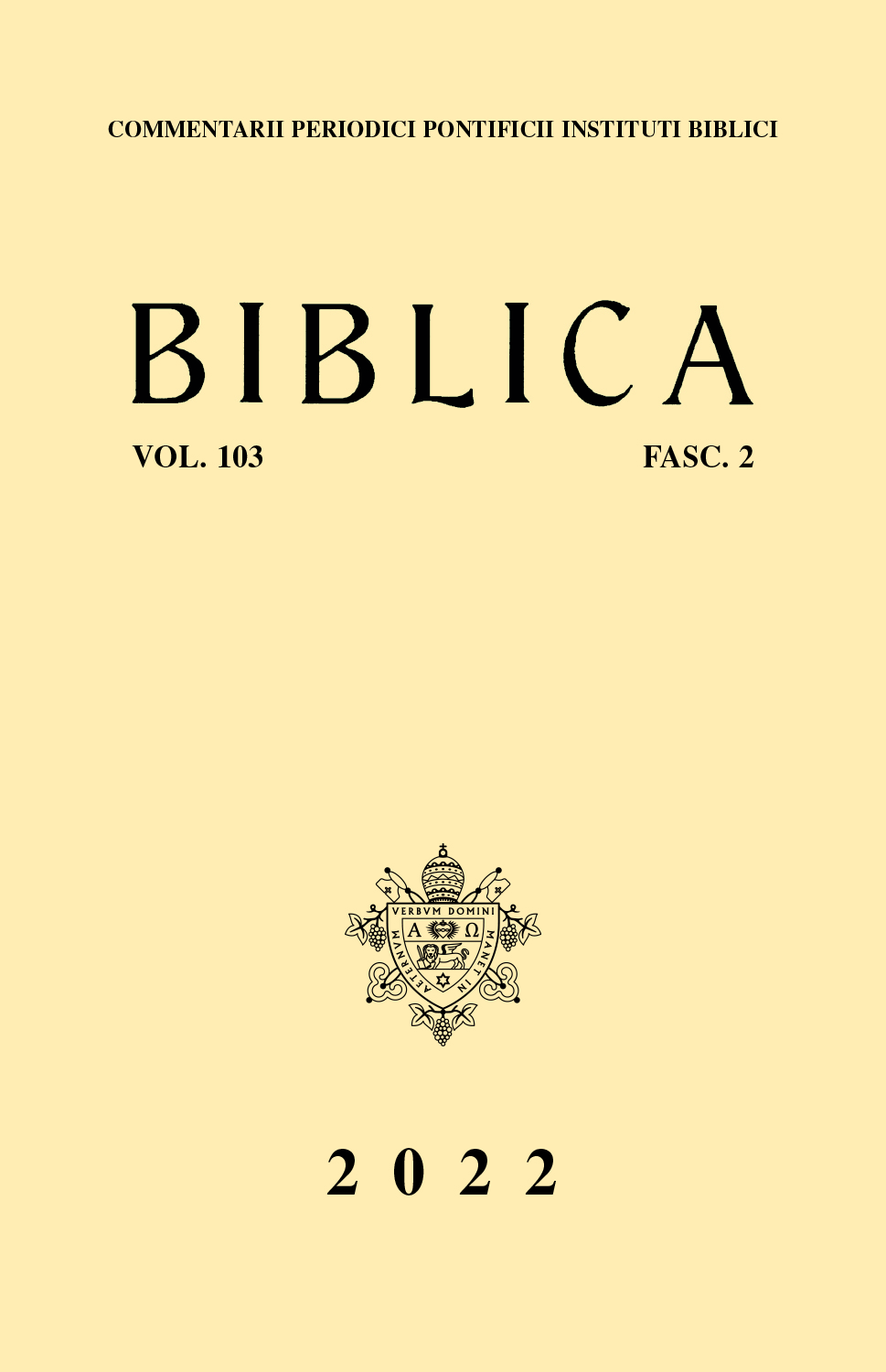 previous article in this issue previous article in this issue | next article in this issue  |

|
Document Details : Title: Rivalry and Resignation Subtitle: Girard and Qoheleth on the Divine-Human Relationship Author(s): BOLIN, Thomas Journal: Biblica Volume: 86 Issue: 2 Date: 2005 Pages: 245-259 DOI: 10.2143/BIB.86.2.3191710 Abstract : This article looks at the repeated gnomic phrase in the Book of Qoheleth, 'All is vanity and a chasing after wind' (NRSV) and reads it as a disjunctive parallelism in which the terms הבל and רוח denote mortality and the divine spirit, respectively, thus showing the sense of the phrase to be, 'All is mortal, but strives for immortality'. Using René Girard’s concept of mimetic rivalry clarifies this reading of the proverb, and shows it to be a concise expression of a major theme in the Book of Qoheleth, viz., the author’s thoughts on the difference between humanity and God, understood as paradoxical relationship based on both similarity and difference between humans and the divine. More importantly, Girard helps to understand more deeply how and why Qoheleth views human proximity with the divine as the cause of conflict and pain in human life. Because this tension is also evident in numerous other biblical and extra-biblical texts, caution must be exercised, in referring to the Book of Ecclesiastes as a 'radical' or 'heterodox' writing. |
|
